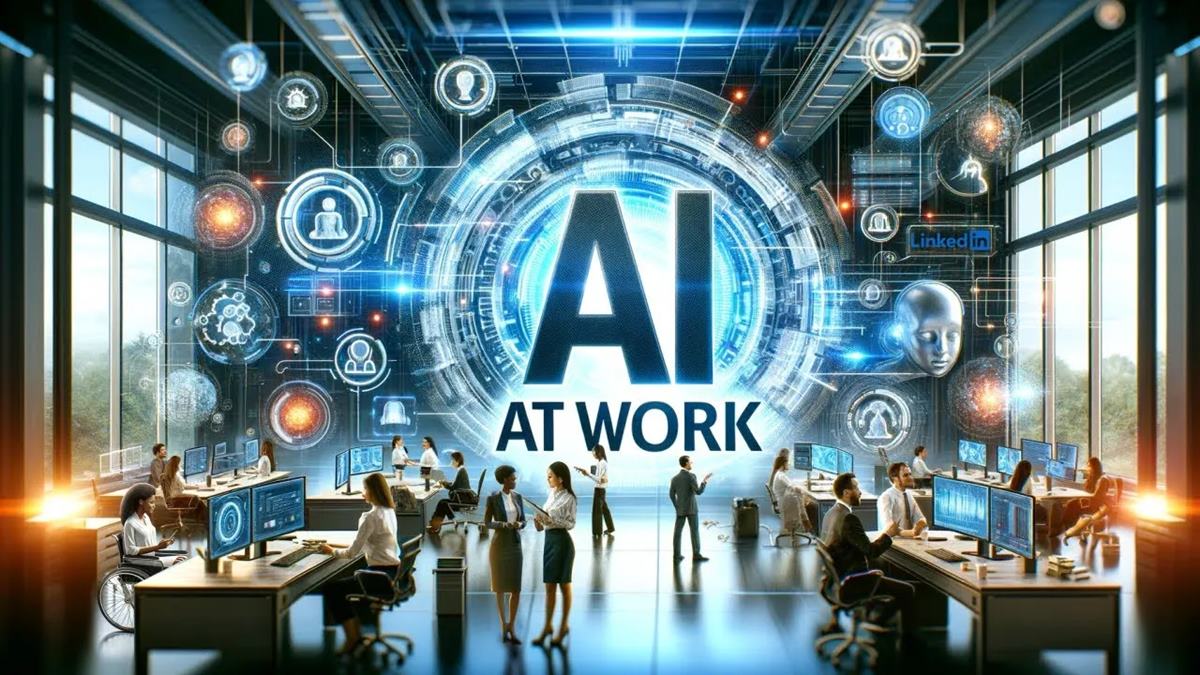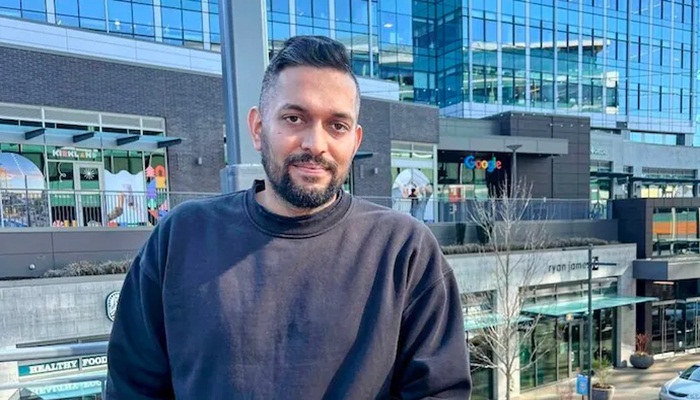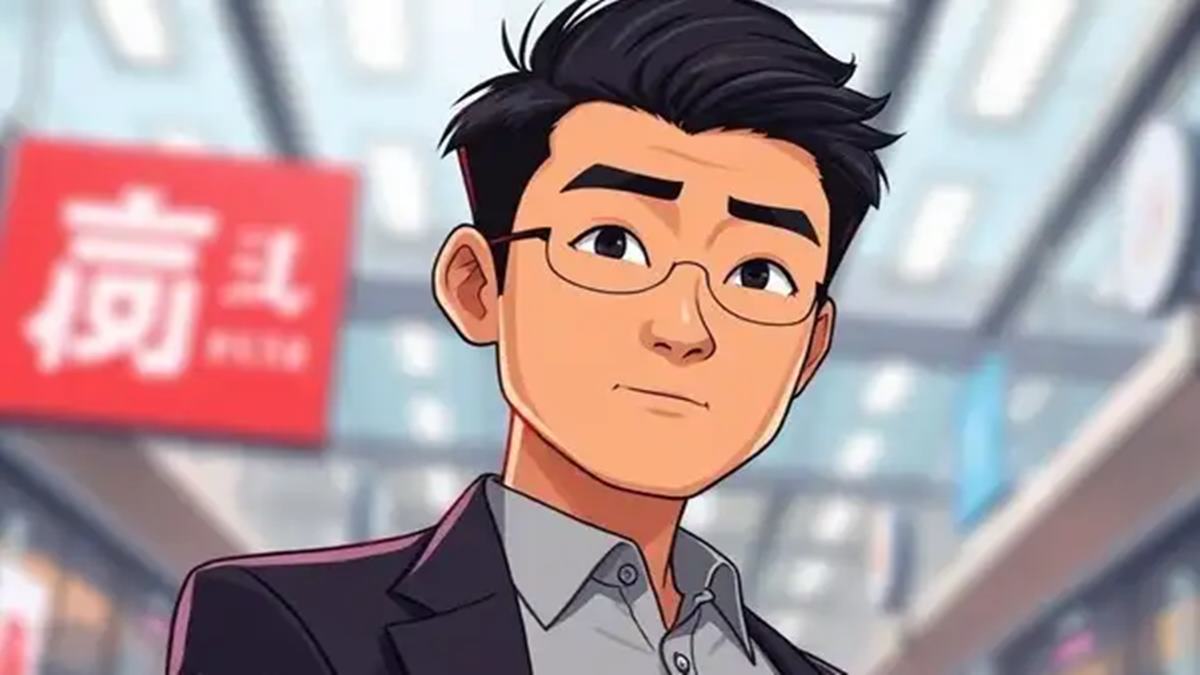Previous technology shifts have disrupted some jobs and created new ones, but AI might not follow the same pattern.
The warning comes from Geoffrey Hinton, the British-Canadian computer scientist known as the “godfather of AI” who recently won the 2024 Nobel Prize in Physics for his foundational work on machine learning with artificial neural networks. In May 2023, Hinton resigned from Google to be able to “freely speak out about the risks” of AI technology he helped create. His latest comments represent perhaps his starkest assessment yet of how superintelligent AI could fundamentally reshape the global economy.
“The thought is that a superintelligent AI is unlike anything we’ve ever seen. It’s very, very different from just a new machine that does something more efficiently,” Hinton explained on a podcast. Drawing on historical precedent, he noted, “People used to make clothes by hand and then they make clothes with machines and there was massive unemployment. But then eventually they got jobs doing other things.”
However, Hinton argues that superintelligent AI represents a fundamentally different challenge than previous technological disruptions. “Superintelligent things are gonna take away nearly all the jobs and the idea that there’s gonna be jobs that are still okay when you have superintelligent AI is quite dubious,” he said.
To illustrate his point, Hinton offered a concrete example from his own field: “I think the job of an interviewer, for example, will disappear too. Superintelligent AI will be able to do a better job of interviewing me.”
The implications of Hinton’s assessment are profound. Unlike the Industrial Revolution or the rise of computers, which eventually created new categories of employment to replace those they eliminated, Hinton suggests that superintelligent AI could be so capable across all domains that it leaves no economic niche for human workers. His perspective carries particular weight given his central role in developing the neural network architectures that underpin today’s AI systems. Hinton has previously warned that the technology he helped build could “wipe out humanity” and has become one of AI’s most prominent critics despite his pioneering contributions to the field. As AI capabilities continue to advance rapidly, his warnings about the complete displacement of human labor represent a sobering counterpoint to more optimistic predictions about AI creating new opportunities alongside the jobs it eliminates.




















